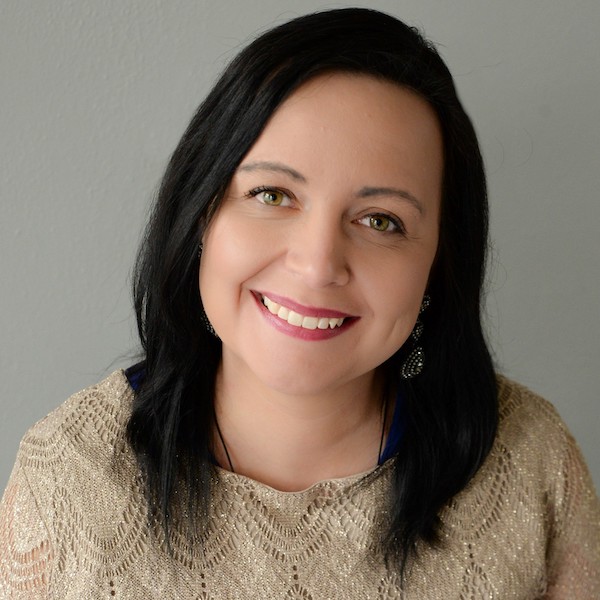The Association of Tribal Archives, Libraries, and Museums (ATALM) has named Cindy Hohl (Santee Sioux Nation) as the first-ever Director of the Tribal Library Council. This groundbreaking initiative is dedicated to advancing tribal libraries as key institutions for knowledge-sharing, cultural preservation, and community empowerment.

The initiative is supported by a BUILD grant from the Ford Foundation, part of a broader strategy to strengthen Native cultural infrastructure through sustained institutional investment.
“As trusted gathering places, tribal libraries are central to the well-being and sovereignty of Native communities,” said ATALM President Susan Feller. “By establishing the Tribal Library Council and appointing a visionary leader like Cindy Hohl, we are investing in the future of Native knowledge systems and community resilience.”
Hohl brings a wealth of experience in librarianship, public policy, and Indigenous leadership to the position. As the immediate past president of the American Library Association, she has been a leading advocate for equitable access to information, tribal self-determination, and culturally grounded library services.
In this new role, Hohl will lead national efforts to support and uplift tribal libraries, with a focus on communities that are historically underserved or lack federal recognition. The Tribal Library Council will offer a collaborative network for tribal librarians to share expertise, advocate for funding, and build sustainable library services for the future.
“Tribal libraries are powerful agents of change,” said Hohl. “They are valuable community anchors that meet the real-world needs of Native people every day. They are more than places for books, they are lifelines for our communities. I’m honored to lead this work with ATALM and ensure tribal libraries receive the recognition, funding, and support they deserve.”
The launch of the Tribal Library Council aligns with ATALM’s ongoing commitment to supporting cultural sovereignty through infrastructure development. By hosting national convenings, offering technical assistance, and engaging in policy advocacy, ATALM is working toward a future in which every Native community has access to a fully resourced, tribally governed library.
To learn more about the Tribal Library Council and ATALM’s programs, visit www.atalm.org.
More Stories Like This
Native News Weekly (August 25, 2024): D.C. BriefsMonday Morning (March 2, 2026): Articles You May Have Missed This Past Weekend
Native News Weekly (March 1, 2026): D.C. Briefs
Scope Narrowed, Report Withheld: Questions Mount Over Michigan Boarding School Study
Zuni Youth Enrichment Project Announces Family Engagement Night and Spring Break Youth Programming
Help us defend tribal sovereignty.
At Native News Online, our mission is rooted in telling the stories that strengthen sovereignty and uplift Indigenous voices — not just at year’s end, but every single day.
Because of your generosity last year, we were able to keep our reporters on the ground in tribal communities, at national gatherings and in the halls of Congress — covering the issues that matter most to Indian Country: sovereignty, culture, education, health and economic opportunity.
That support sustained us through a tough year in 2025. Now, as we look to the year ahead, we need your help right now to ensure warrior journalism remains strong — reporting that defends tribal sovereignty, amplifies Native truth, and holds power accountable.
 The stakes couldn't be higher. Your support keeps Native voices heard, Native stories told and Native sovereignty defended.
The stakes couldn't be higher. Your support keeps Native voices heard, Native stories told and Native sovereignty defended.
Stand with Warrior Journalism today.
Levi Rickert (Potawatomi), Editor & Publisher

